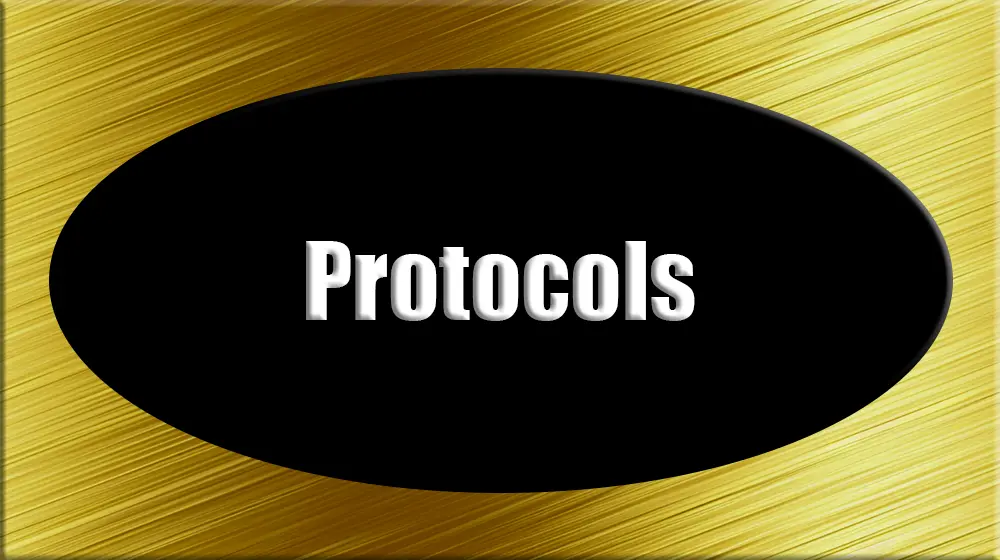Smart contracts in blockchain technology are self-executing contracts with terms directly written into code. They automatically enforce and execute agreements when predefined conditions are met, eliminating the need for intermediaries. To function, smart contracts rely on several key components of the blockchain. Nodes store the blockchain and execute the smart contract code across the network, ensuring consistent and accurate outcomes. The consensus mechanism, such as Proof of Work or Proof of Stake, ensures that all nodes agree on the execution and outcomes of smart contracts, maintaining integrity and trust. Cryptographic security ensures that the contract’s terms and conditions are tamper-proof and secure from unauthorized alterations. Decentralization eliminates the need for a central authority, allowing trustless interactions directly between parties. Together, these elements enable smart contracts to operate reliably and securely within the blockchain ecosystem, automating transactions and reducing the risk of fraud.
Smart contracts in blockchain technology are self-executing contracts with the terms of the agreement directly written into code. They automatically enforce and execute agreements when predefined conditions are met, eliminating the need for intermediaries. Smart contracts rely on the blockchain’s decentralized network to ensure transparency, security, and immutability.
For smart contracts to function, several components of the blockchain are essential:
- Nodes: These computers store the blockchain and execute the smart contract code across the network, ensuring consistent and accurate outcomes.
- Consensus Mechanism: Methods like Proof of Work or Proof of Stake ensure that all nodes agree on the execution and outcomes of smart contracts, maintaining integrity and trust.
- Cryptographic Security: This ensures that the contract’s terms and conditions are tamper-proof and secure from unauthorized alterations.
- Decentralization: This eliminates the need for a central authority, allowing trustless interactions directly between parties.



